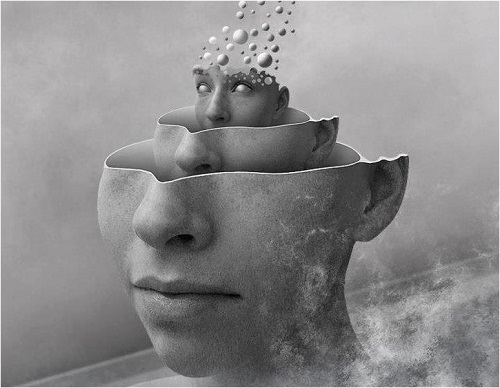FWP:
For background see S. R. Faruqi's choices. This verse is NOT one of his choices; I thought it was interesting and have added it myself. For more on Ghalib's unpublished verses, see the discussion in {4,8x}.
A t̤ilism is a magic world created and sustained by a powerful magician; such enchantments are the stuff of the 'Dastan of Amir Hamzah' (of which Ghalib was particularly fond) and many other elaborate works in the North Indian romance tradition. In principle such magic practices are un-Islamic (since they invoke powers other than God), but in practice the lines are often blurry (see the definition of t̤ilism above, which includes 'mystery' and 'talisman').
In the present verse, what exactly is an enchantment (or mystery) 'of' carelessness? Thanks to the flexibility of the iẓāfat , it could be an enchantment that is created by carelessness; or an enchantment that creates carelessness; or an enchantment that consists of carelessness; or an enchantment related to carelessness in some other way. Thus the situation of the heart remains mysterious and is itself unknowable.
In any case, the implication is that be-ḳhabarī -- itself a highly pejorative term; see the definition above-- is the (only?) escape from the 'madness of despair and melancholy'. In the mad lover's world, awareness is apparently coextensive with suffering. And the lover's suffering in turn gives rise to, sustains, becomes 'food' for, purposeful planning and action. So by implication the verse tells us that such 'object-seeking' is-- what exactly? Futile? Doomed? Counterproductive? A source only of further suffering? Obviously, whatever such 'object-seeking' may be, it's something so disastrous that the alternative-- a heart completely full of magically generated, carefully cultivated be-ḳhabarī -- is a cause for congratulation.

Asi:
That heart is very fine that would have become entirely an enchantment of carelessness. It would have no feeling of peace, nor of joy. Madness and despair are in truth excuses and pretexts for object-seeking. As long as they are present in the heart, passion cannot be perfect.
== Asi, pp. 219-220